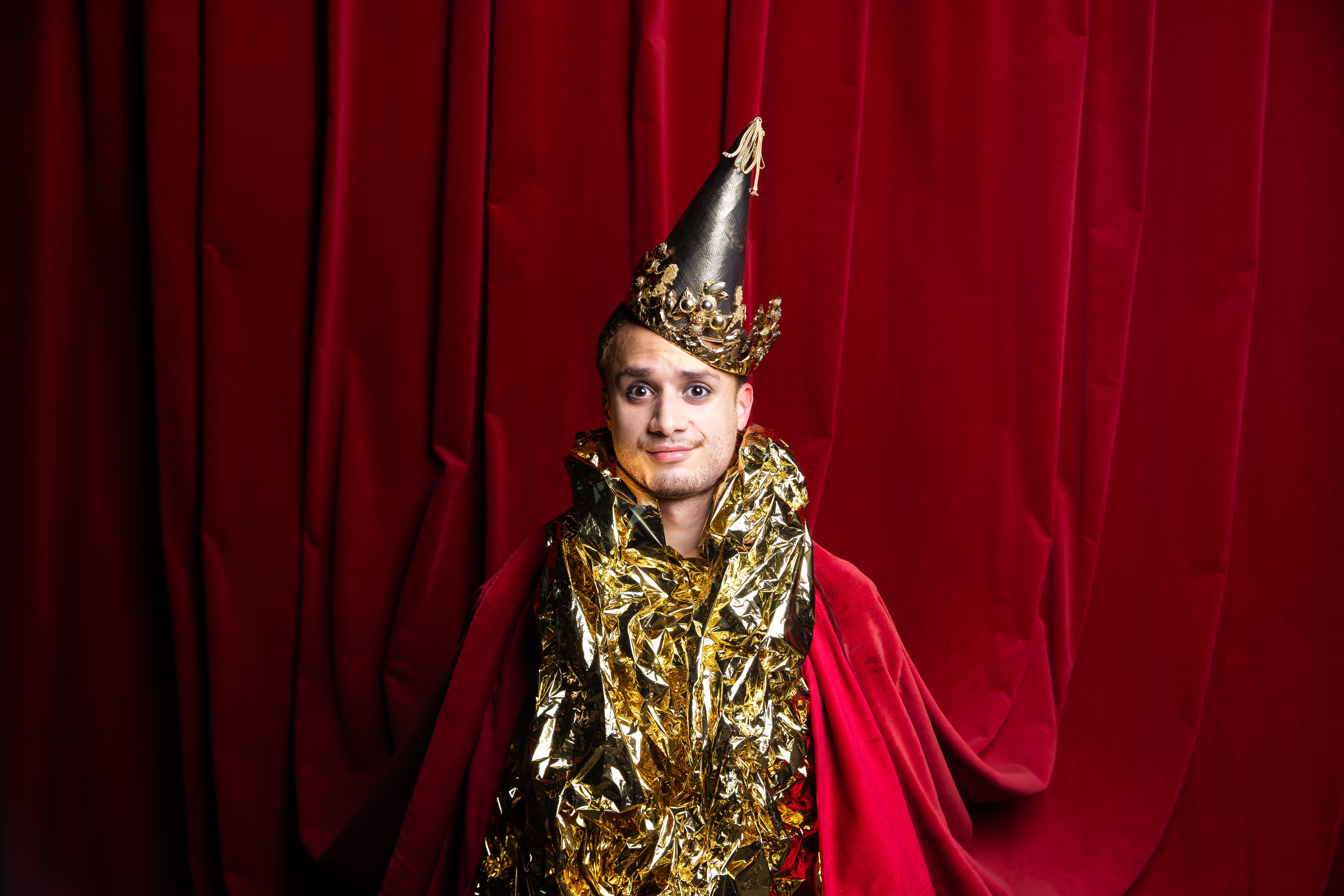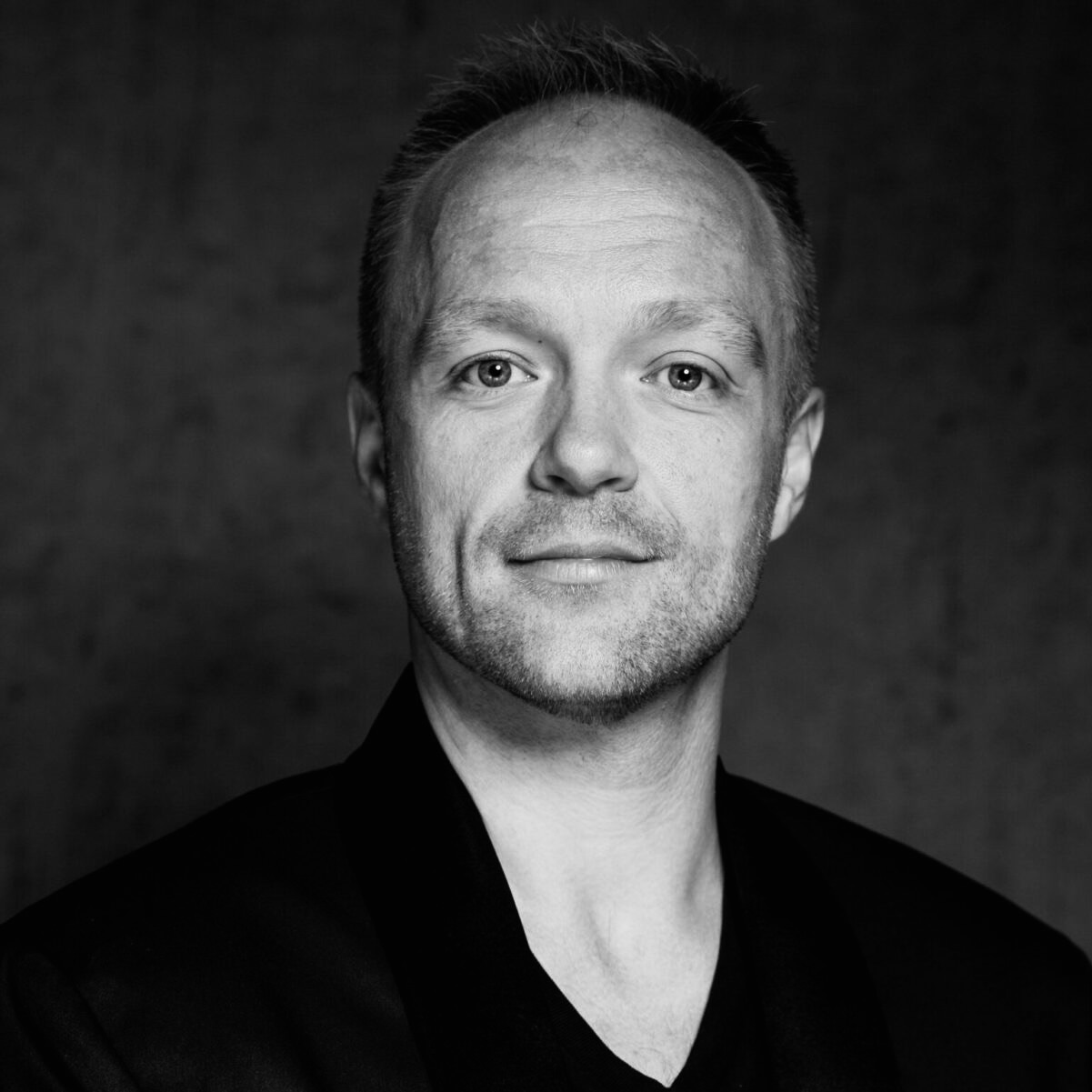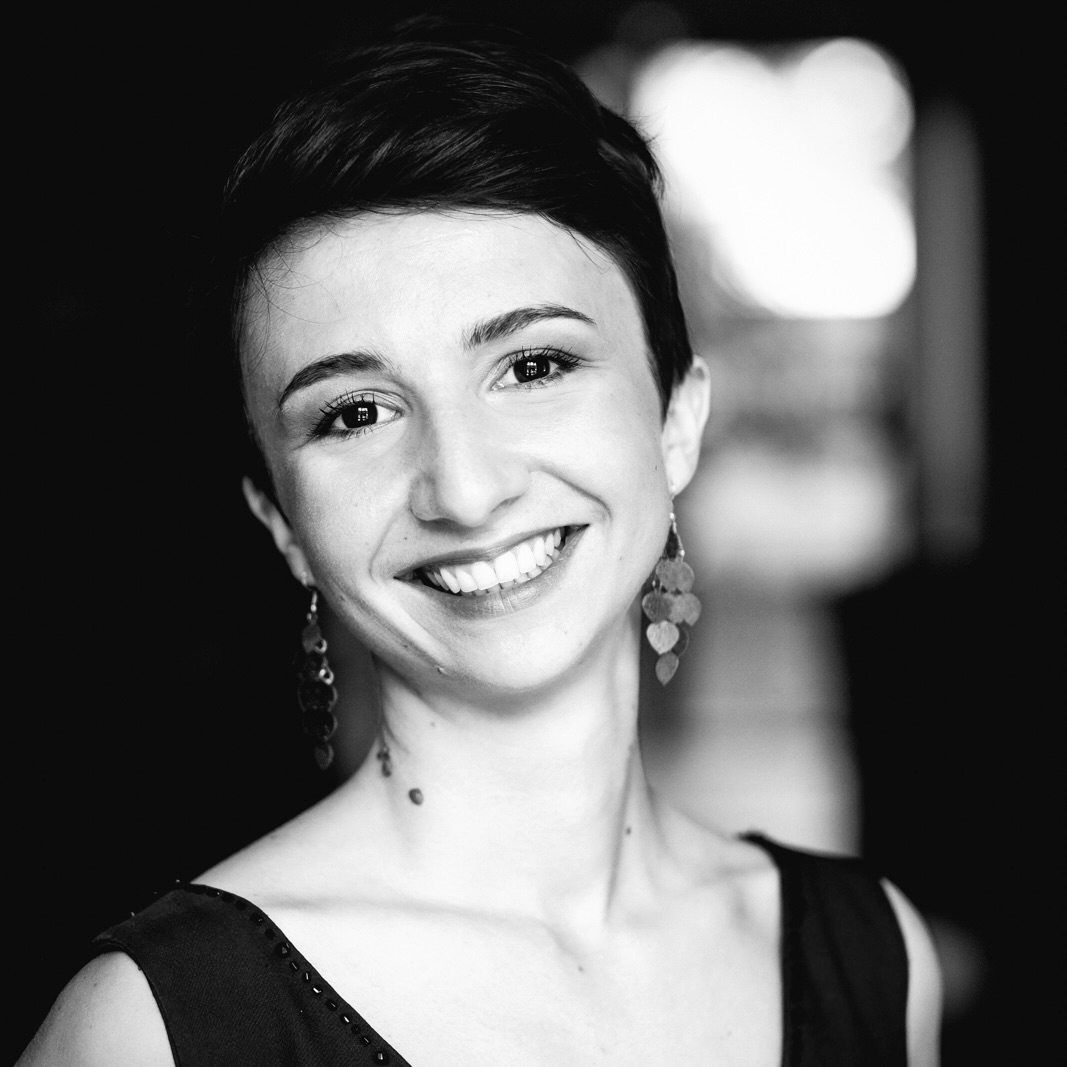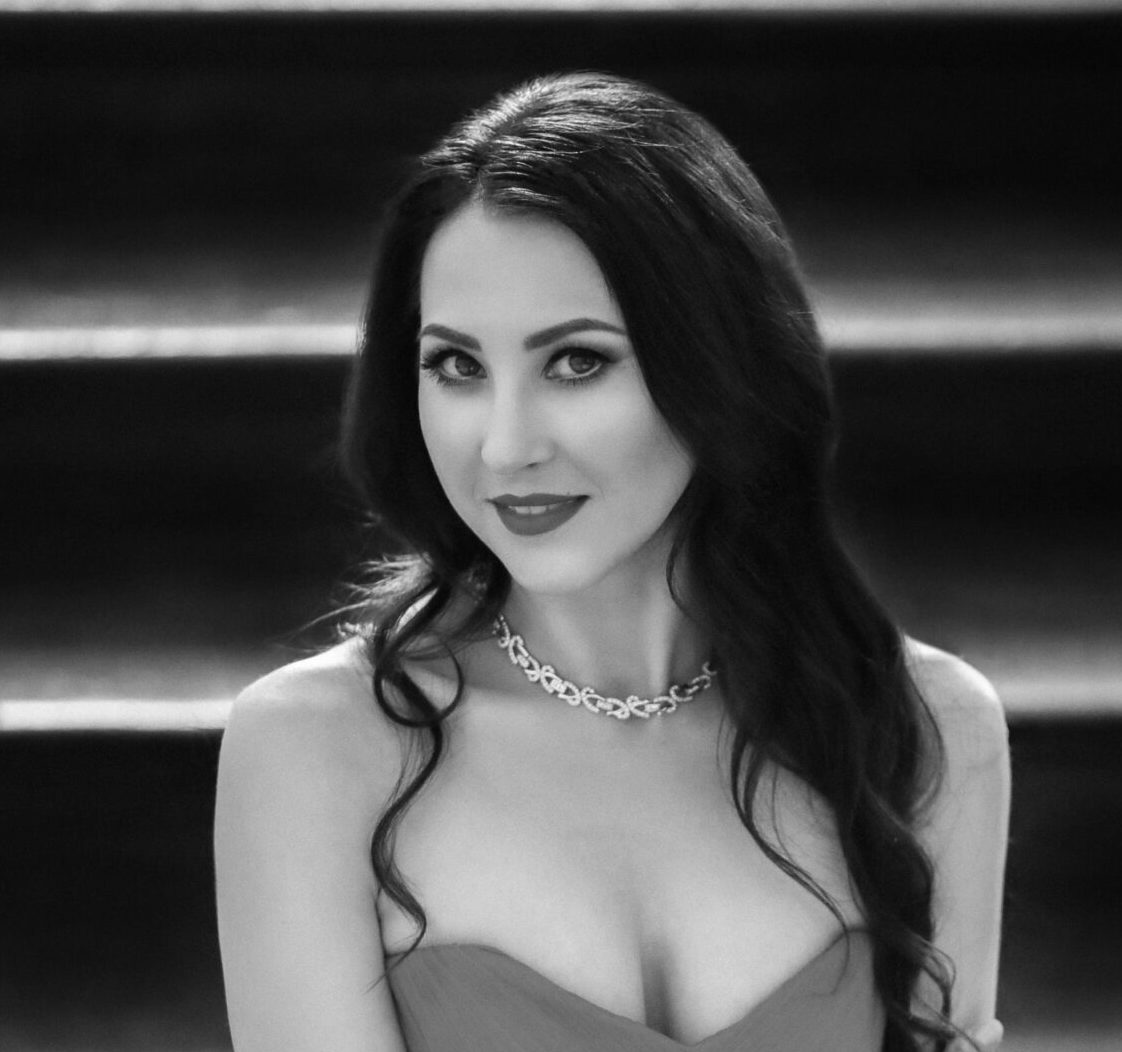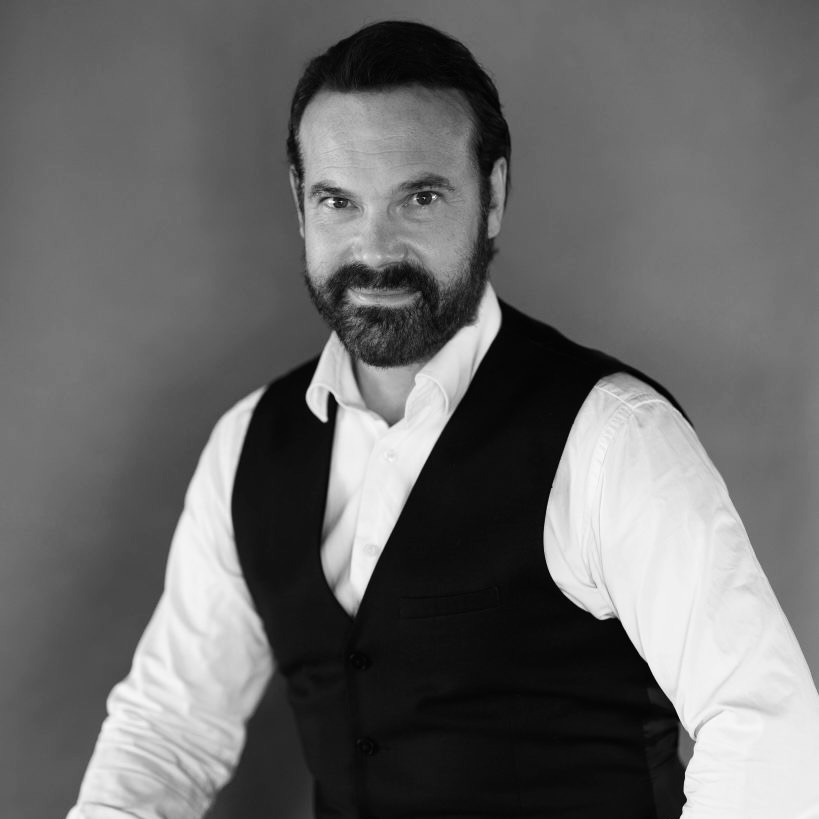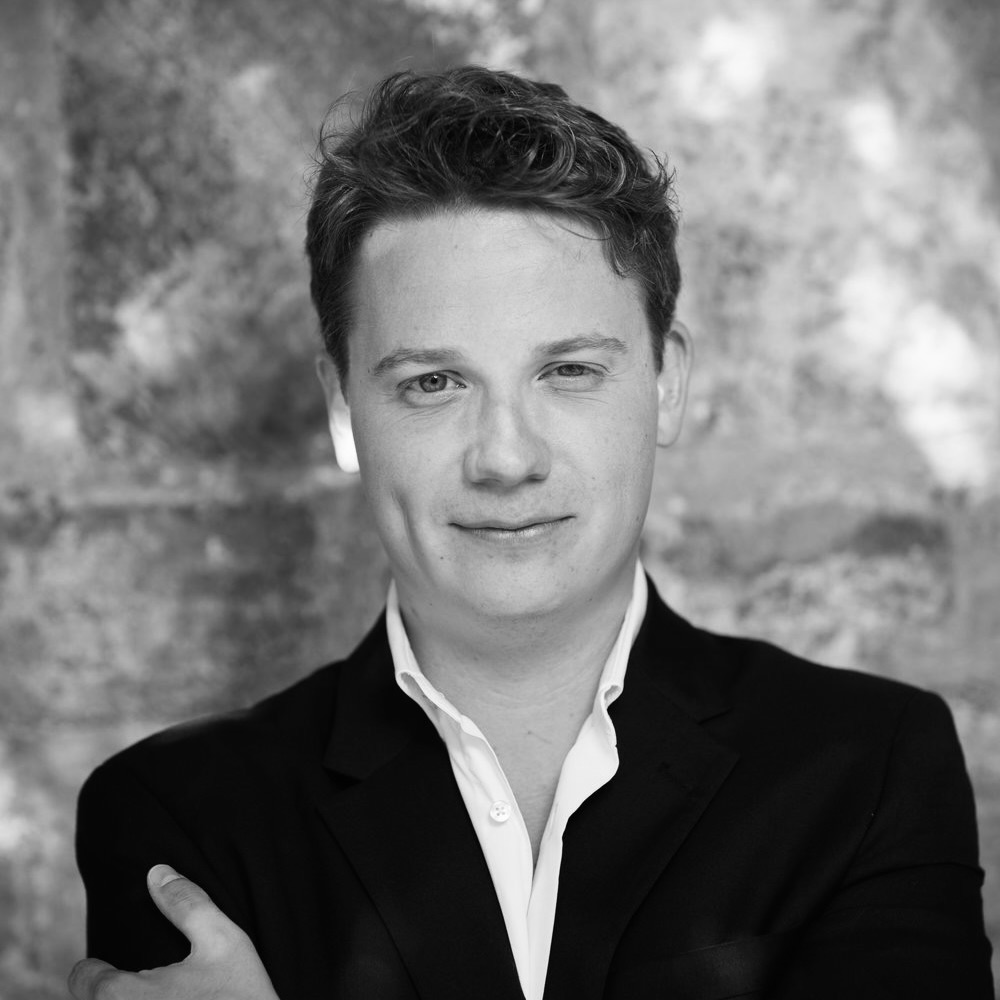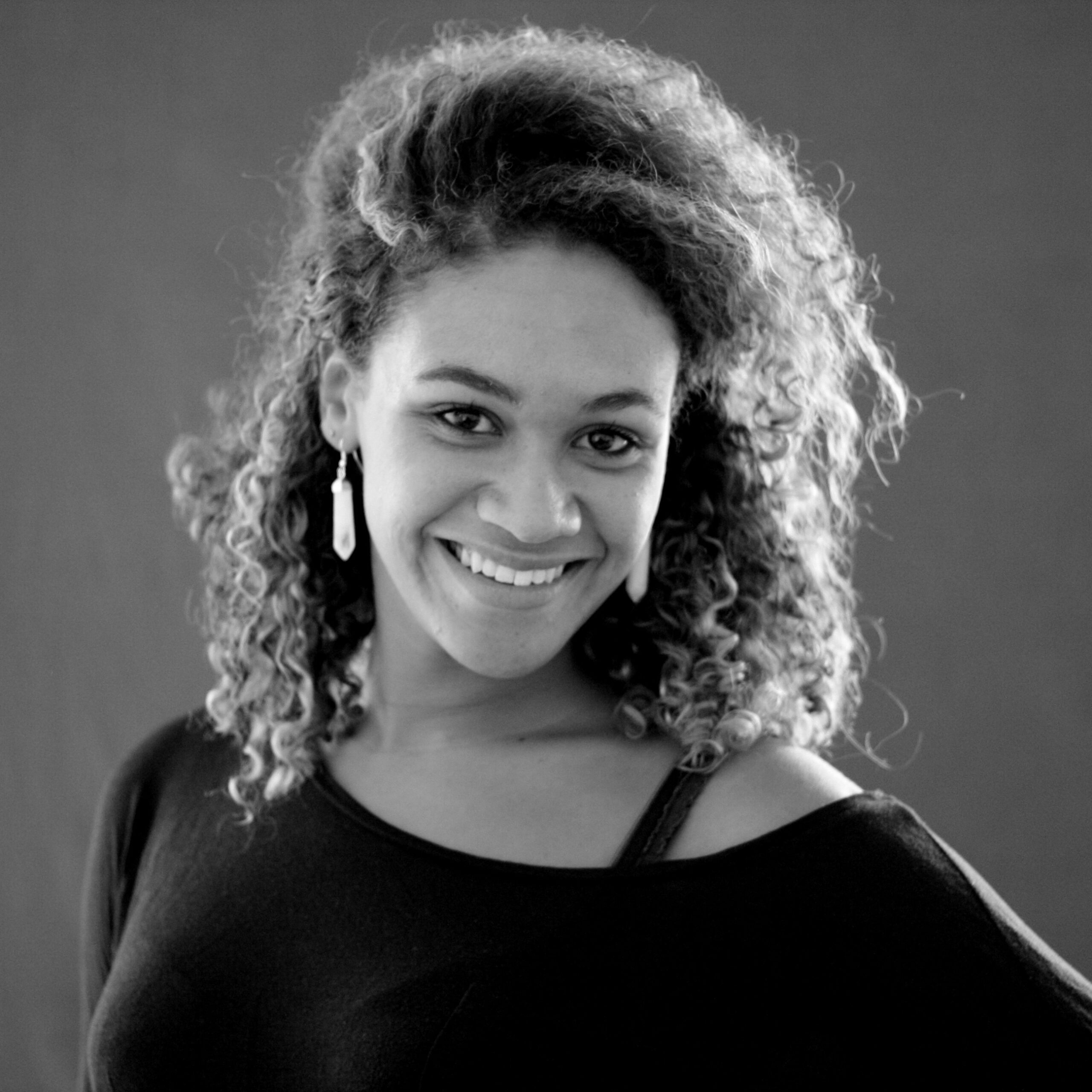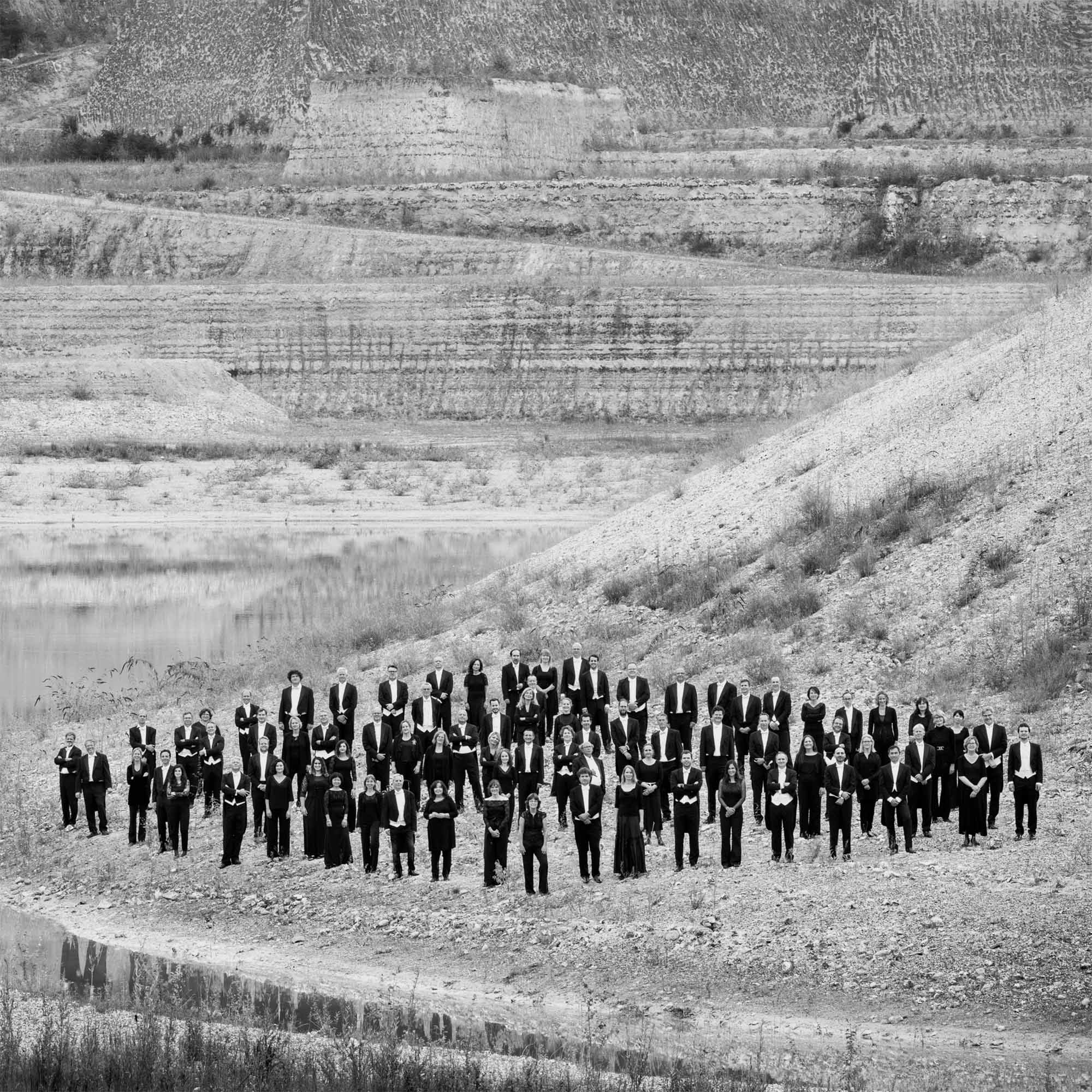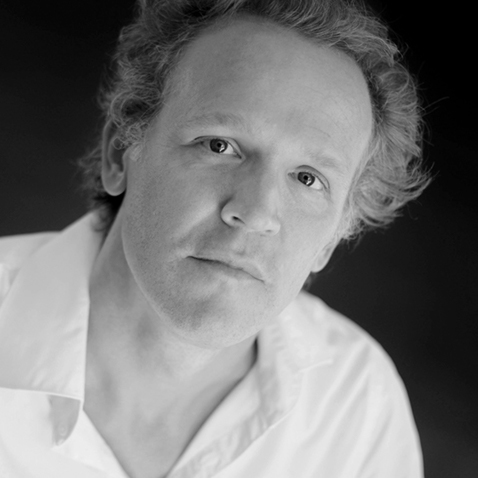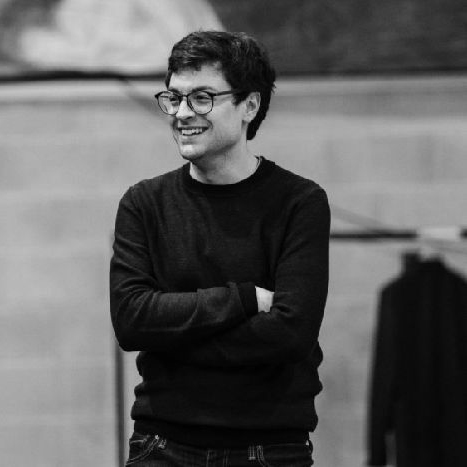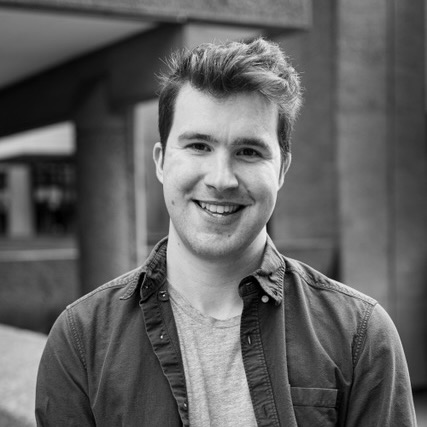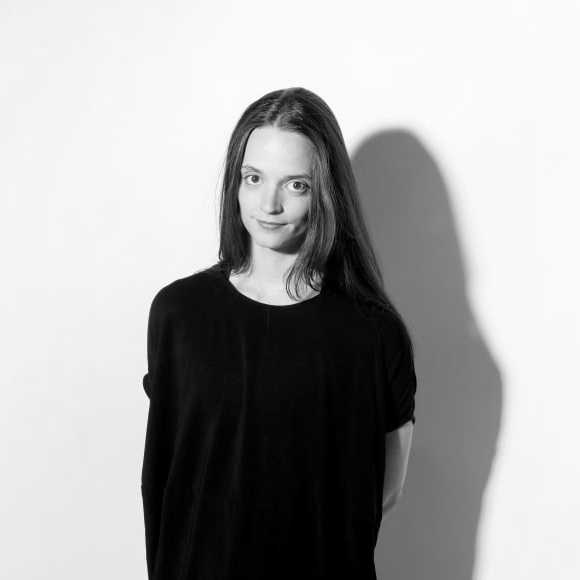Info
Every year, King Ouf I looks forward to his self-invented birthday present: to have a random subject executed. This year, the choice falls on the brazen peddler Lazuli. However, court astrologer Siroco warns the king: Ouf’s star is closely linked to that of Lazuli. So if he dies, Ouf dies. Of course, the majesty does not let that happen: Lazuli’s life is protected at all costs. He is pampered and is eventually even allowed to marry the princess!
This absurd fact forms the basis of L’Étoile: a witty, socially critical opera. This Opéra Bouffe tacks between light comedy, black humor and sharp satire. Chabrier’s music is as surprising as the plot: a playful mix of sparkling melodies, impressionistic tones and subliminal darkness, in which the influence of Jacques Offenbach resonates and even points to Kurt Weill. With musical inventions such as a ‘tickle trio’ and a ‘sneeze aria’, Chabrier perfectly captures the madness of power and human foolishness.
Is L’Étoile a fairy tale? A political parody? Existential satire? It is all of these at once. In any case, it holds up a funhouse mirror to us, in which the arbitrariness of power, the madness of fate and the transience of existence are exposed in a shrewd manner.
Director Matthew Eberhardt brings this unique story to life with great enthusiasm. He praises L’Étoile as ‘brilliant music theatre’. With his versatile experience in theatre and music theatre, he looks forward to introducing the audience to the bizarre and sometimes painfully familiar world of Chabrier’s first grand opera.
Orchestra Philzuid provides the music in L’Étoile under the direction of the French conductor Nicolas Krüger.
L’Étoile lasts approximately two and a half hours including intermission and is sung and spoken in French, with Dutch and English subtitles.
IN CONVERSATION WITH DIRECTOR MATTHEW EBERHARDT
Director Matthew Eberhardt can’t wait to immerse himself in the crazy, innovative and sometimes painfully familiar world of L’Étoile. He sees the relatively unknown Emmanuel Chabrier as an unconventional composer who made music the way he felt it; playful, immensely creative and full of surprises!
What do you think L’Étoile is about?
‘First of all, I think L’Étoile is a wonderfully entertaining and also very accessible piece. It shows a world in which you initially recognize a lot, but which gradually becomes crazier and more bizarre. The journey that you experience as a spectator is very exciting, unpredictable, and funny, both because of the story and the music.’
What do you think L’Étoile is about?
‘First of all, I think L’Étoile is a wonderfully entertaining and also very accessible piece. It shows a world in which you initially recognize a lot, but which gradually becomes crazier and more bizarre. The journey that you experience as a spectator is very exciting, unpredictable, and funny, both because of the story and the music.’
The composer, Emmanuel Chabrier, is not such a well-known name to us. What does his music sound like?
‘His work is reminiscent of many composers and styles, such as Offenbach, Debussy, Ravel and Weill. But Chabrier definitely has his own fresh and unconventional approach. He is not afraid to let go of a style and in doing so creates his own unique musical style, which is full of surprises. His choral pieces, for example, are very action-oriented. They react immediately to what is happening in the scene at that moment. At the same time, his music is particularly refined and fragile. Opera can sometimes be a storm of sound, Chabrier’s work is more vulnerable, there is a lightness in it in a very exciting way.’
Can you give an example of those surprises in music?
‘Chabrier had music lessons from an early age and liked to sit behind the piano. But he worked as a lawyer. In addition to his job at the Ministry of the Interior, he composed. Although he worked a lot with laws and regulations, he dared to tell his story in his music in a very creative way, without being too concerned with styles and conventions. For example, in L’Étoile there is a kissing quartet, a tickling trio and a sneezing aria…! How did you come up with that?’
How did you actually get into opera?
‘As a child, I loved listening to music and imagining the stories that were being told and what they would look like. I started as a theatre director, but soon worked on musicals and then on opera. I think opera is such a beautiful art form because everyone works together. I find the way all the art disciplines come together and the many ways in which you can convey the content in opera endlessly fascinating!’

